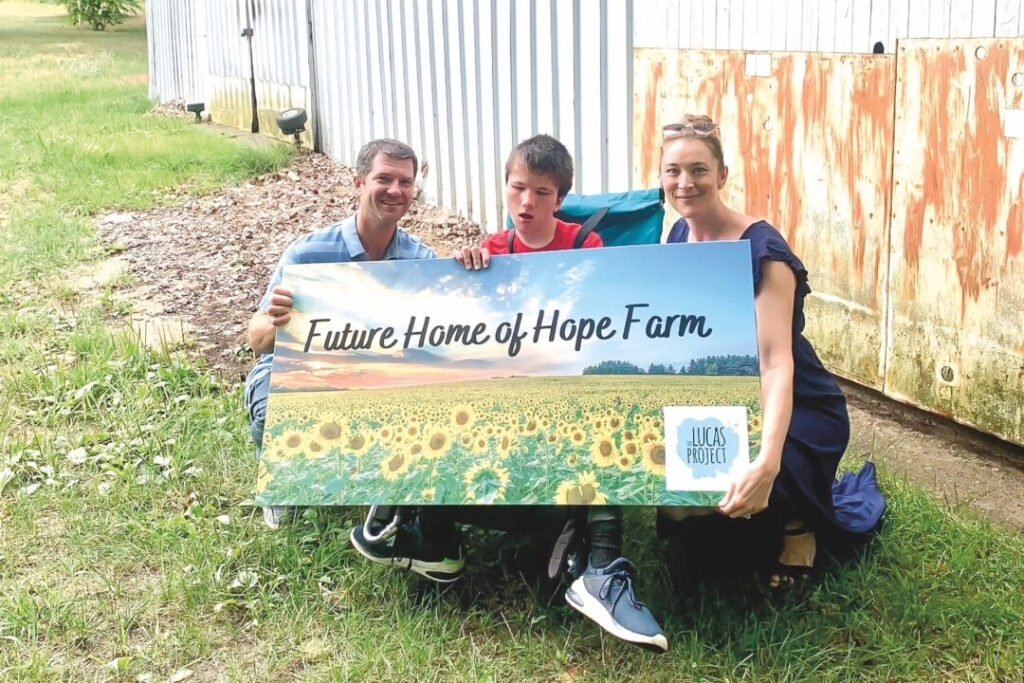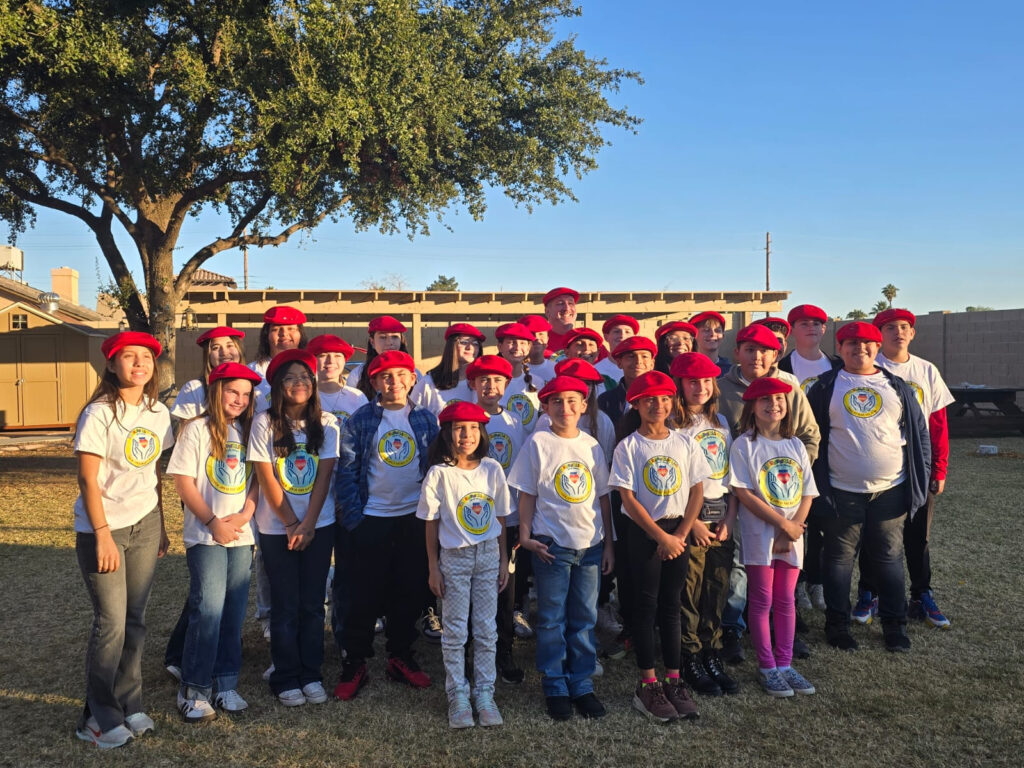I was the perfect parent once, and then I had children. Nothing in life prepares you for this journey. There is no rule book, no instruction manual, and no one has walked the exact path you will. It is quite literally the most unique experience that any individual will have, and it is by definition, the perfect example of being thrown into the deep end without knowing how to swim. No one is ever fully prepared for the journey of parenthood.
Yet when that little ones arrives, it is life changing. The love and instant connection between a parent and child is evident in so many ways. The hopes and dreams that every parent has for their child begin with that first look. We will do anything to protect that precious little one. We have dreams of seeing them achieve and hopefully not struggle.
A life without struggle, though, is not in the cards, and as parents we are often powerless to stop pain and hardship when it comes. So, what do we do when those hard life events and tough conversations inevitably come? Honestly, it is something none of us are truly prepared for.
It was the end of the school year, and my wife and I sat across from two teachers and the principal. It had been a long road up to that point. Our son had struggled in a number of ways and we were rapidly approaching the end of his kindergarten year. No matter how hard we worked or how hard we pushed him, he was still having a hard time.
As we sat there discussing his future, strategy after strategy was outlined to ensure his success, but even that seemed to be in question. As the list grew longer, the task of advancing him to first grade seemed more and more daunting. I finally looked at the team and asked, “Does he just need to repeat?” It was one of the hardest questions to speak, but it was one that needed to be asked.
“Yes, it would do him a world of good, and it might help us find better ways to help him.” It’s hard to describe what I felt as both a parent and an educator hearing that answer. A 20-year veteran of education, and I couldn’t help my own son. I felt like a failure.
We knew what we needed to do, yet did not want to do it. That was not the last hard conversation that we had about one of our children. Ultimately, we made the choice to hold him back and begin the process of testing to determine how best to help him. What I did not realize at the time, was that in some ways, this was one of the most successful conversations and decision we had ever made.
Many times, I asked to myself, “What I could’ve done differently to prevent this”, but in reality, that question was not fair to myself or my child. You see, as a young parent and teacher, I was missing some very important truths, and did not see that:
- Just because he learned differently, didn’t mean something was wrong.
- These learning differences made him unique and special and that was something to be celebrated.
- Just because he needed help, meant just that, he needed help, as we all sometimes do.
- Blaming myself was not productive, and would stand in the way of helping him.
- I need to do what was best for him, and not what I thought was best for me.
- He was created unique and special, and these experiences, even the challenging ones, would help make him the man that he was supposed to be.
As parents having these hard conversations is never easy, but when we approach it from a place of humility, and have our child’s best interest at heart, the decision becomes much easier. As a parent, and even if you are an educator, when this conversation, or another like it, presents itself (and it will), try to remember these things:
- These discussions are never easy, so have them with humility and grace.
- Let go of your ego. It’s not about you, it’s about your child.
- Find someone you trust and let them help you step back and look at this decision from all angles.
- Don’t see or speak of this as a negative, but as an opportunity for you and your child.
- This will be something unique in this child’s life, and will help make them a stronger and better person, but a lot of that will depend on how you frame it.
- Don’t blame yourself, and give yourself a break. Even if you did make a mistake, there are no perfect parents.
- Even in these hard conversations, celebrate the successes. Even though my child struggled, there were so many things he did well, so many talents and abilities he had. Struggle does not equal bad.
With the decision made, we went home and told my son. I will not lie, he was upset, he even cried, but we encouraged him, and then put on an episode of his favorite show, “The A-Team” and life once again was good. Our children are going to struggle, but what we decide and how we choose to help them, will ultimately make all the difference. This was not the last hard conversation, but each one helped us find new ways to support him.
In 10th grade, he was inducted into the National Honor Society. I’m not saying that will be the case if you decide to hold your child back, but more times than I can count, when I have seen parents make this or another tough decision, I have watched the child become even stronger. I do know, that had we not done this for my son, his struggle would’ve been far greater.
As parents, we are forced to have conversations and make decisions that are hard, but sometimes the hard decisions can be some of the most impactful and the best ones for our children. It’s all in how you choose to view it.
Charles Mickles is an educational consultant with over 25 years in education. As a speaker and author, he has published 3 books and written numerous articles featured on The Mighty, Yahoo Lifestyles, and MSN. You can follow his story and read more at www.MinesParkinsons.com













